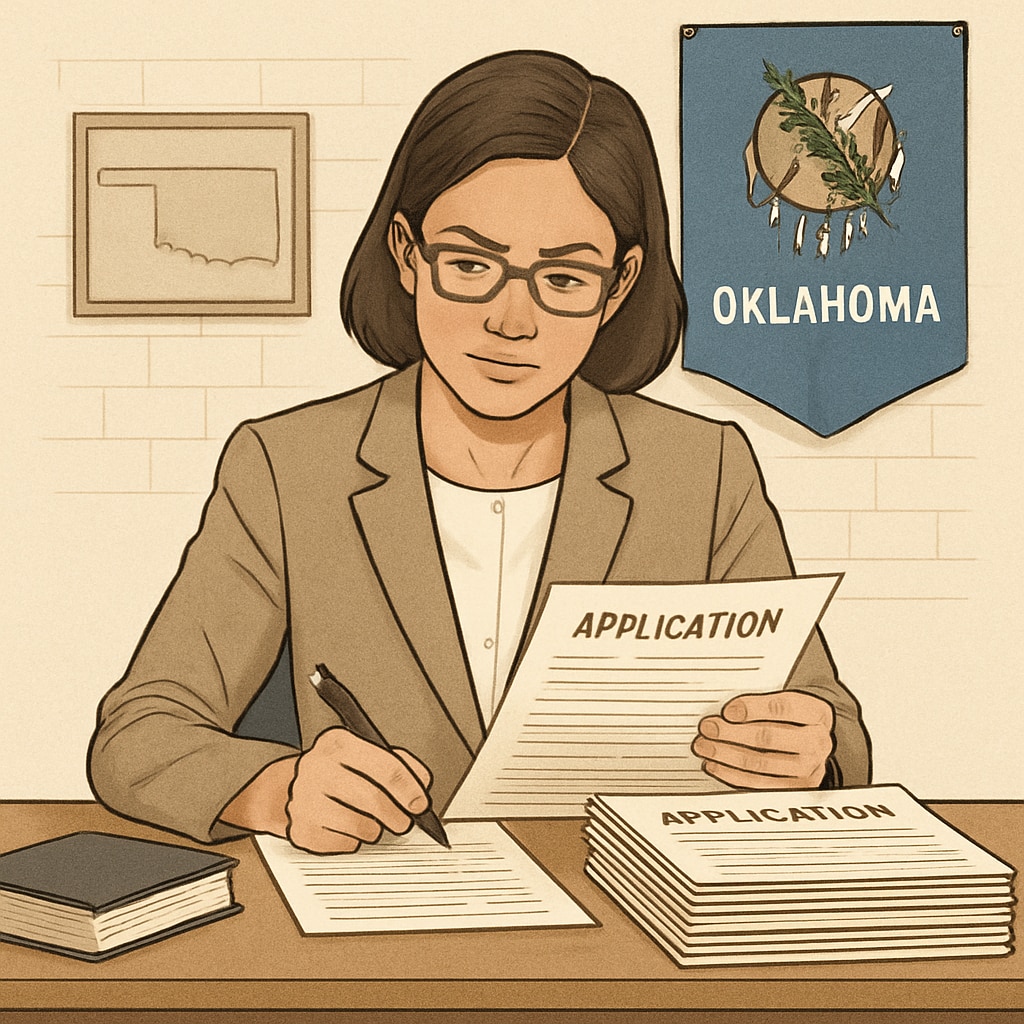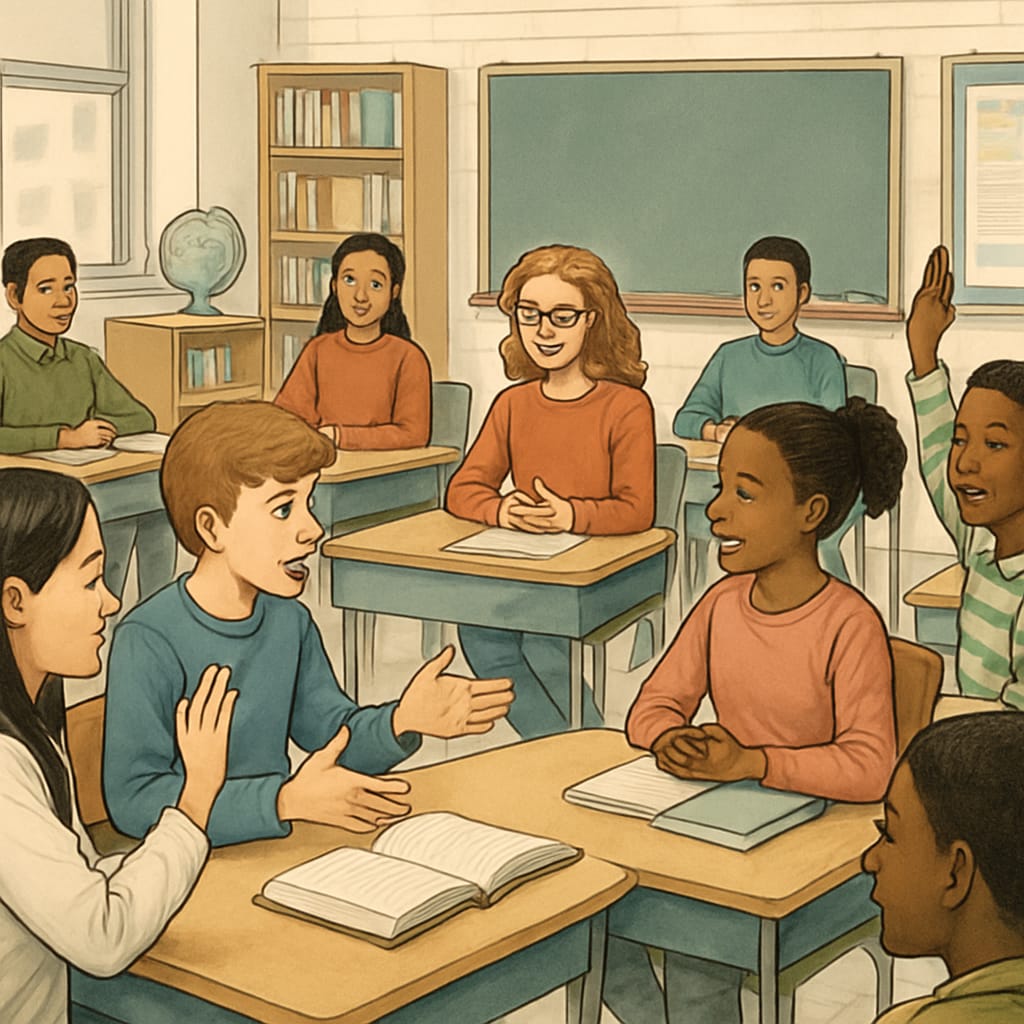The introduction of political stance screening for out-of-state teacher applicants in Oklahoma has ignited debates about the intersection of education and ideology. This policy, which evaluates prospective teachers based on their political beliefs, raises critical questions about fairness, academic freedom, and the role of personal ideology in public education. While proponents argue that such measures ensure alignment with community values, critics warn of the dangers this practice poses to educational diversity and integrity.
Understanding the Policy: What It Entails
Oklahoma’s new policy requires out-of-state teacher applicants to disclose or demonstrate political and ideological stances that align with the state’s educational values. This screening process is reportedly designed to ensure that teachers adhere to certain principles deemed essential by the state’s education board. These principles often include viewpoints on topics like history, social studies, and civics education.
Supporters of this measure argue that it prevents the introduction of conflicting ideologies that could disrupt school environments. They believe it is a safeguard against what they perceive as “indoctrination” or biased teaching. However, opponents argue that this approach veers dangerously close to ideological gatekeeping, potentially alienating talented educators who may not share the state’s prescribed viewpoints.

The Implications of Political Screening in Education
The implications of this policy extend far beyond the hiring process. For one, it raises significant concerns about academic freedom. Teachers who fear being judged for their political beliefs may avoid addressing controversial topics altogether, depriving students of a well-rounded education. Moreover, this practice could discourage skilled educators from applying in Oklahoma, exacerbating teacher shortages in the state.
Additionally, the policy risks creating an echo chamber within the education system, where only a narrow spectrum of viewpoints is represented. This could hinder students’ ability to develop critical thinking skills and understand diverse perspectives—key components of a comprehensive education.
Experts also warn of the slippery slope this policy represents. If states begin to screen teachers based on political alignment, it could set a precedent for other professions, leading to broader ideological segregation within society.

Balancing Educational Integrity and Ideological Neutrality
Critics of the policy argue that there are better ways to ensure educational integrity without resorting to political screening. For example:
- Establishing clear, objective teaching standards that focus on pedagogical skills rather than personal beliefs.
- Providing professional development programs to help teachers navigate sensitive topics impartially.
- Encouraging open dialogue between educators, parents, and policymakers to address concerns collaboratively.
These alternatives promote a balanced approach that respects both academic freedom and community values, ensuring that education remains a space for growth and learning rather than division.
The Broader Debate: What Does This Mean for the Future?
Oklahoma’s policy highlights a growing trend of political influence in education, raising questions about the future of the profession. Will teachers increasingly be judged on their ideological conformity rather than their qualifications and expertise? And if so, what does this mean for the next generation of students?
As this debate unfolds, it is crucial to remember the primary purpose of education: to prepare students for a complex and diverse world. Achieving this goal requires educators who can navigate and present multiple perspectives, fostering an environment of understanding and critical thought. Policies that prioritize political alignment over educational excellence risk undermining this mission, to the detriment of both teachers and students.
Ultimately, the challenge lies in finding a balance—ensuring that education reflects community values while remaining a neutral ground for intellectual exploration. Whether Oklahoma’s approach achieves this balance remains to be seen.
Readability guidance: Short paragraphs and lists summarize key points; passive voice and long sentences are minimized; transitional phrases are used to maintain flow and coherence.


